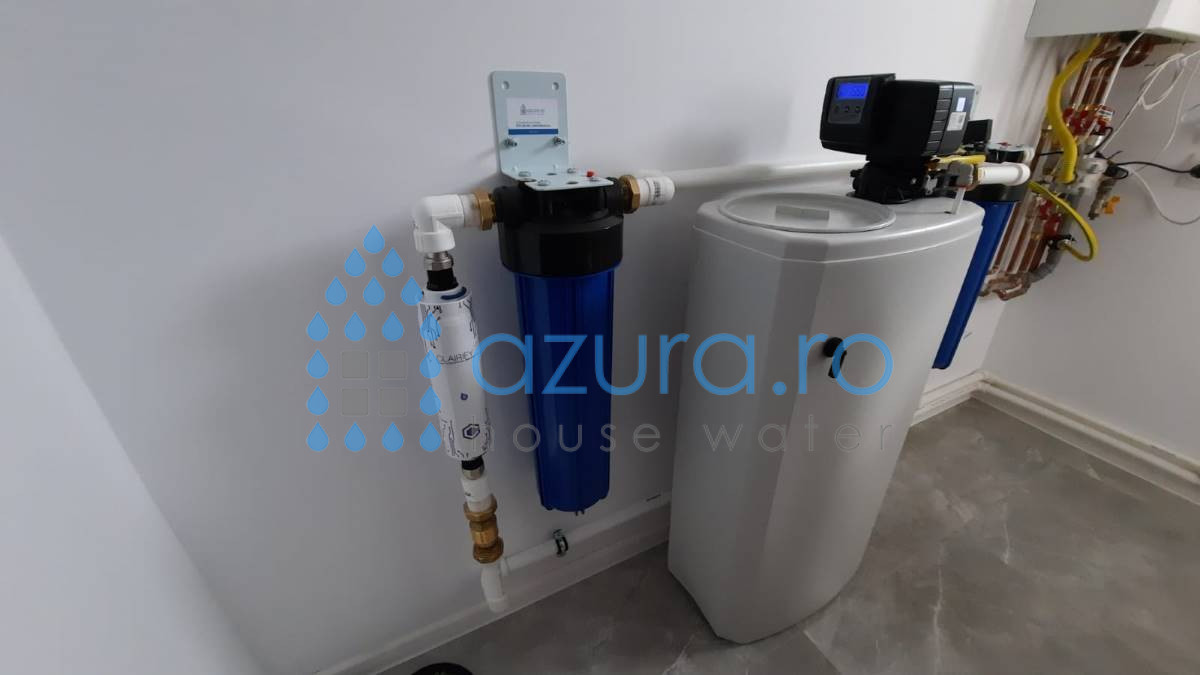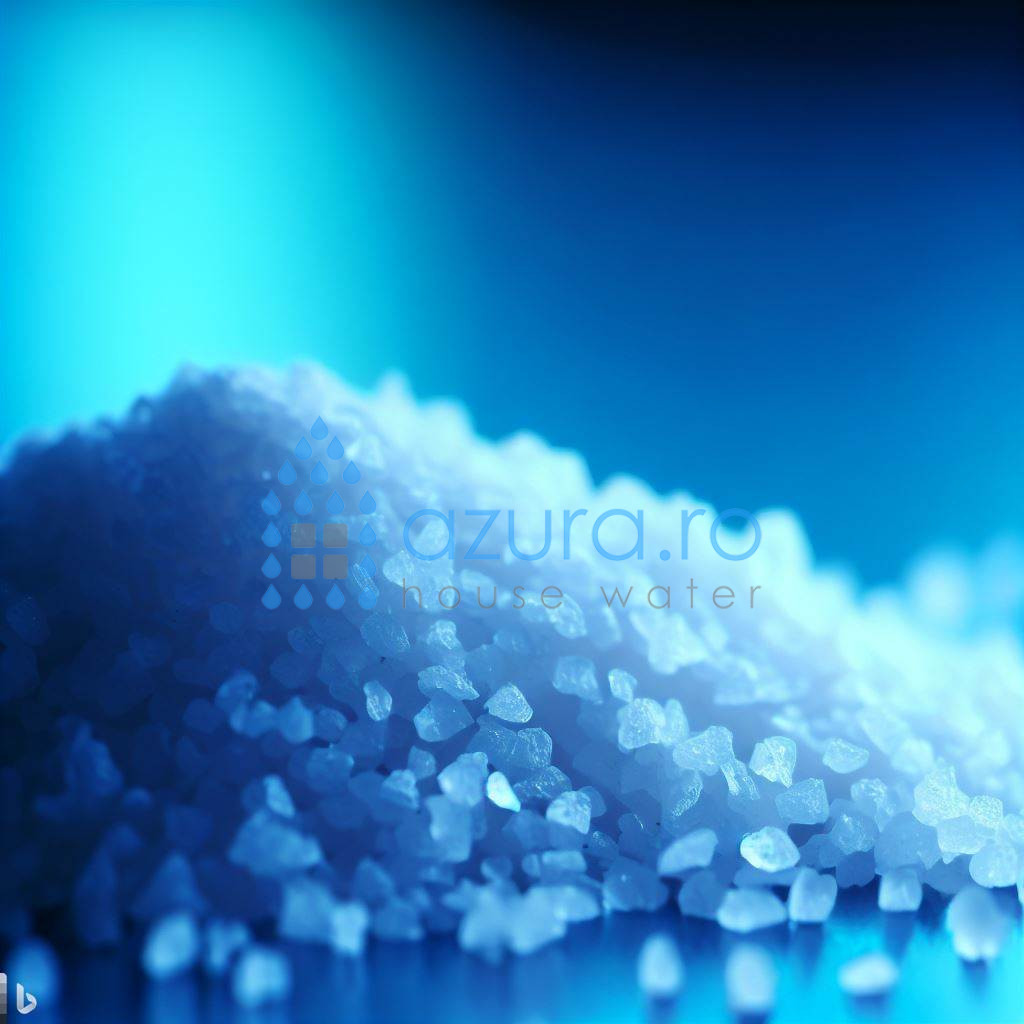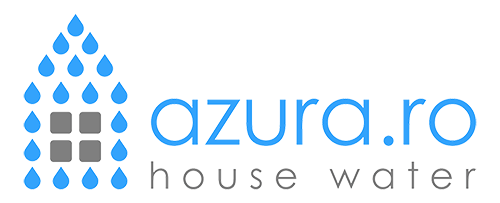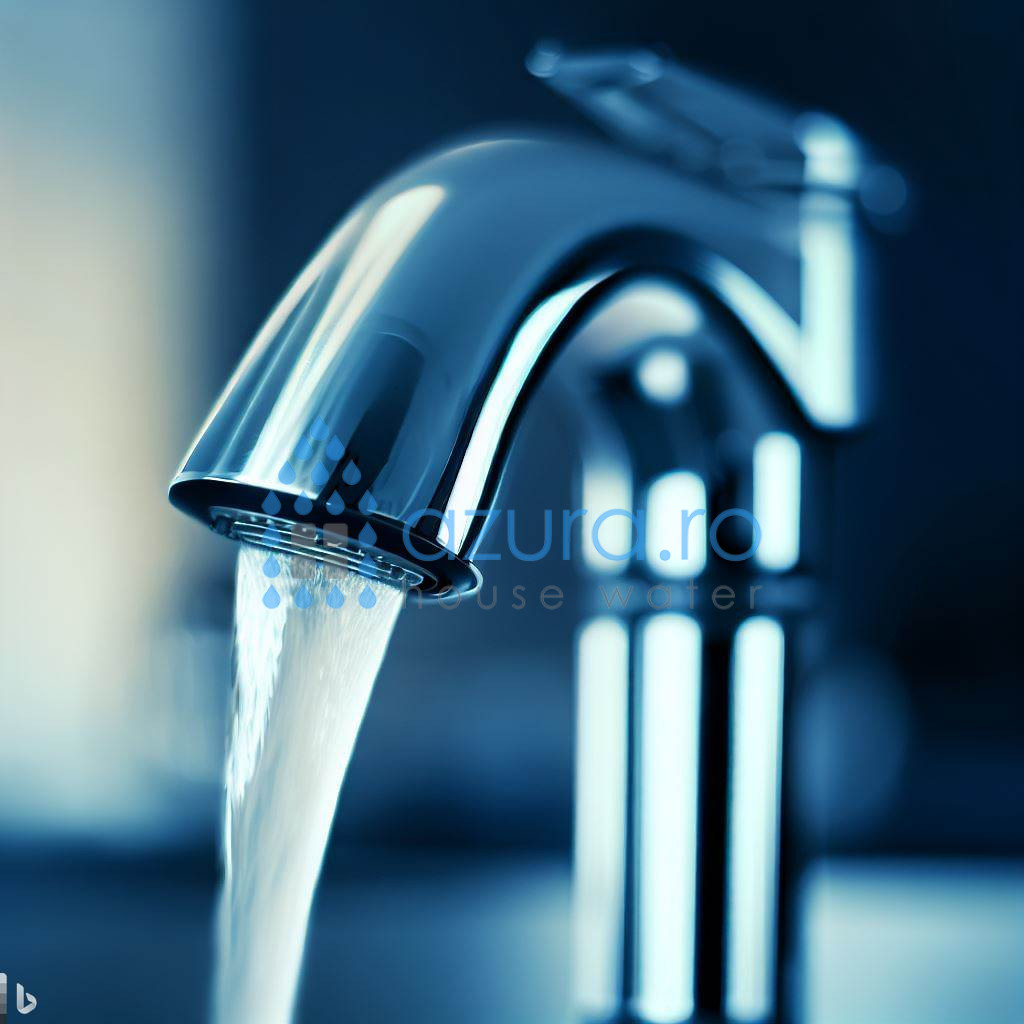FREQUENTLY ASKED QUESTIONS
Can you drink softened water?
Is softened water safe to drink? Or is softened water drinkable? We already have two questions with different possible answers.
In this article we find out:
- What is softened water;
- How softened water differs;
- If the softened water is drinkable;
- If softened water is drinkable;
- How to measure water hardness.
What is softened water?
Softened water has gone through a softening process, i.e. the removal of calcium and magnesium ions, which are responsible for the hardness of water.
In other words, the softened water was originally hard. That is, rich in calcium and magnesium ions. So, from a technical point of view, we can't technically equate rainwater or demineralized water or distilled water with softened water.
All the above-mentioned types of water are soft, with a possible hardness below 1 dH (German grade). But not all of them are considered as soft water. What is the difference? The difference lies in the process these types of water have gone through and in their chemical composition.
How is softened water different?
The softened water passed through a softener of water. The dedurizer contains a cationic resin inside. In contact with water, this resin captures calcium and magnesium ions but releases sodium ions into the water. In other words, the water will no longer contain calcium and magnesium, but will contain sodium (salt). As these sodium ions are "soft", they will not create scale deposits.
This does not happen with other types of soft water: rainwater, demineralized water or distilled water. These types of water do not contain sodium because they have not gone through a softening process.

Is softened water safe to drink?
To answer correctly, we need to consider two aspects: 1. the required amount of calcium and magnesium in the water; 2. the amount of sodium in the water.
The amount of calcium and magnesium in water
The Romanian drinking water law requires a minimum amount of calcium and magnesium in the water, which is 5 German degrees (dH). Below this hardness, the water is not considered drinkable according to the law. The water softener will bring the softened water below one degree German. So the water will no longer be drinkable because it will no longer contain enough calcium and magnesium ions.
Of course, this can be adjusted from the softener, if it has a bypass or a small mixing valve, which is also a bypass, as this one has for example Fleck softener. But not all water softeners have this type of small tap (very fine adjustment), through which a little hard water (with calcium and magnesium ions) is allowed to pass into the softened water. In this way, there will be a mixture in the softened water and hard water, which will increase the hardness of the water. To reach the 5 German degrees, you need a tester like this one: Water hardness test German degrees.
Remember: no softener on the market has electronic settings to adjust the hardness of the water. Everything is done by mixing softened water with a little hard water. And this is done through a small "mixing tap" or bypass.
A brief additional (very important) mention. Romanian drinking water law does not regulate the maximum hardness of water. Water can have any hardness and will be considered drinkable. Even if Romania does not have a regulation in this respect, there are other countries that have set a maximum hardness of 25 degrees German.
Amount of sodium in water
The drinking water law in Romania regulates a maximum of 250 mg/liter in water. If the water softener adds more sodium to the water, it is no longer considered drinkable. How do we know whether or not we have more sodium in our water than the maximum of 250 mg/liter? By analyzing the water in a specialized laboratory. Another option is empirical: if your water is harder than 25 degrees German, there is a good chance that the sodium in your water is more than 250 mg/liter. If the hardness is less than 25 degrees German, the chances are that the sodium in your water is below the maximum allowable limit. Of course, this is not guaranteed because factors such as: 1. the salt consumption of the softener (not all softeners have the same salt consumption or not all softeners have the same settings). The consumption of a softener can be between 120 gr. - 140 gr. / liter of resin; 2. Adjust the hardness by bypass-air, as explained above. The higher the amount of hard water bypassing the softener, the more the sodium in the water will decrease.
The answer to the question: Is softened water drinkable? No, it is not if: 1. the water does not contain at least 5 German degrees; 2. The water contains more than 250 mg/l sodium.
Remember! Here we are analyzing drinking water only in terms of softened water. But water can have a lot of other reasons why it may not be drinkable. Water softening can not make unpotable water (nitrate, nitrite, ammonium, manganese, iron, ammonium, ammonium, hydrogen sulphide, bacteria such as Pseudomonas or E.coli), drinkable water.
Can you still drink softened water?
Drinking softened water is possible. But we don't recommend doing this long-term. However, if there is no access to water and the only source is softened water, it is definitely better to hydrate. However, people suffering from cardiovascular disease or people suffering from diabetes should be aware that water may contain more sodium than their diet allows.

Hard water testing
Finally, I would like to add one more valuable piece of information, because I have noticed a lot of confusion here as well. How do we test hard water or softened water? Absolutely not with a TDS meter because it measures all the dissolved solids in the water but not only calcium and magnesium ions. Possibly with test strips that change color. But it is not an accurate test unfortunately, we do not recommend them because in the end you still won't know the hardness of the water but you will only know if the water is hard or not. The best way (outside the laboratory), is the reagent test, i.e. with a solution that is added to the water by dripping. Example here: Water hardness test German degrees.
I hope this article will answer your questions and I hope it will reach as many interested people as possible, as it contains valuable explanations and information. So a share from you is welcome. You will definitely do good to someone who needs this information.


Hello... if we mount on the water filter a cartridge with resin for softening and immediately after it a remineralization cartridge is it ok, is it recommended?
Hello. Theoretically, yes. Practically, we cannot guarantee. It depends on several factors: water hardness, hourly flow rate, water consumption correlated to the amount of resin and water hardness, quality of the remineralization filter, respect of the hourly flow rate for the remineralization filter, timely filter change. If you want advice regarding our filters, please contact us by: https://azura.ro/contact/
Only good,
azura.ro team
Bună ziua, ma poate ajuta cineva? Doresc sa știu dacă exista statii(instalații) care sa facă în același timp apa potabilă și dedurizare. Locuiesc în Ilfov și am forat un put la 52 m. Mulțumesc anticipat.
Hello,
Am sa va respund pe puncte ca sa fie mult mai clar:
1. Nu exista dedurizator sau statie de dedurizare care sa faca din apa nepotabila, apa potabila. Dedurizatorul este un echipament ce dedurizeaza apa, fara a elimina alti contaminanti precum: nitrat, nitrit, amoniu, arsen, hidrogen sulfurat sau bacterii;
2. Daca cumva va referiti la ideea in care apa este deja potabila (fara alte probleme) dar este dura si vreti ca in acelasi timp sa o dedurizati dar sa ramana si potabila, asta se poate dar numai in anumite conditii. Duritatea apei sa nu fie mai mare de 25 grade germane iar dedurizatorul sa aiba posibilitatea de a regla duritatea reziduala (duritatea care ramane in apa, dupa dedurizare). In aceste conditii apa nu trebuie sa contina fier si mangan peste limita maxima admisa si nici sa nu contina alti contaminanti (nitrat, nitrit, amoniu, arsen, hidrongen sulfurat, bacterii).
3. Prin urmare vedeti ca nu exista un raspuns general valabil ci depinde la situatie la situatie. De aceea este foarte important sa aveti o analiza de apa ca aici: https://azura.ro/intrebari-frecvente/lista-cu-analizele-de-apa-necesare-in-scop-de-potabilizare/ Pe baza acestor analize de apa, noi va putem consilia in alegerea corecta a echipamentelor necesare si va putem spune ce se poate si ce nu se poate tinand cont de dorinta dvs, spatiul de instalare, bugetul dvs.
4. De aceea, un raspuns complet aici in comentarii nu puteti primi pentru ca nu avem informatii despre analiza apei, despre spatiul de instalare (daca exista si daca este dotat cu scurgere). Prin urmare, va recomandam sa ne contactatati telefonic sau prin email: https://azura.ro/contact/
All the best,
azura.ro team
Hello, I have incorporated a water softener in my water installation for almost 8 years. Since then I don't change the batteries of the sink, but it has started corroding the pipes and the water is yellowish. What softener option finally gets the sodium out of the water? Thank you in advance, ioan.buruiana@ymail.com
Hello,
No water softener can remove salt from water. On the contrary, all water softeners introduce salt into the water, because that is the working principle (ion exchange).
All the best,
azura.ro team
Do you get kidney stones from drinking tap water?
Hello,
It depends from person to person. And only your doctor can tell you that. It also depends on the hardness of the water, which differs from locality to locality, even if the water is from the mains. For these reasons we cannot advise you. This is medical advice and not within our competence.
Sincerely,
azura.ro team
Tap water is drinkable but hard if it passes through the softener it can be consumed
Hello,
The answer is: It depends. That is why we have written an article to give a detailed and nuanced answer to this question. The answer is in the text of the article.
The good ones!
azura.ro team
Inorganic minerals in water must be removed at all costs. Water that contains nothing is the best water to drink. There is no need to mineralize filtered water.
Hello,
Thank you for your opinion but we do not share it.
All the best,
azura.ro team